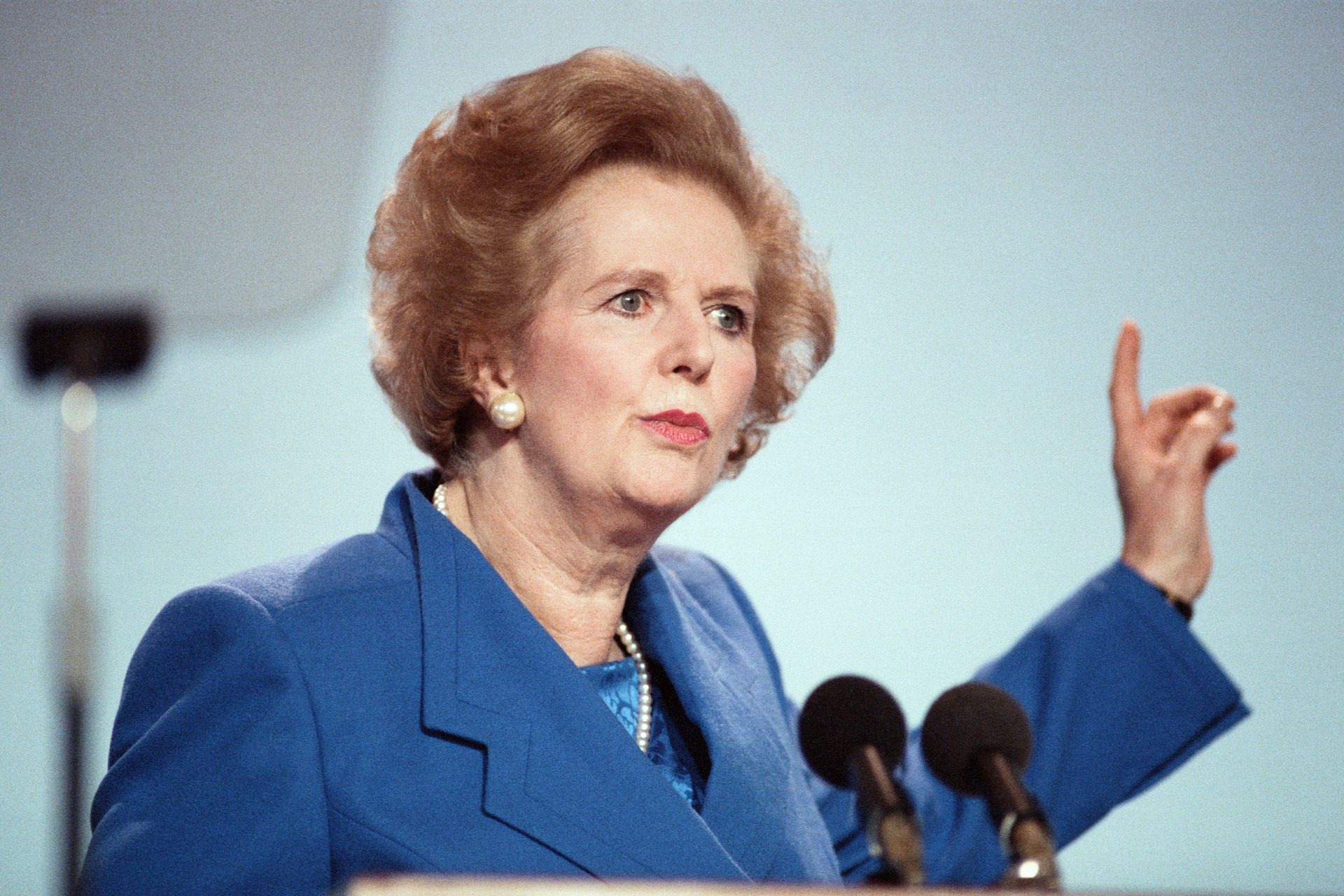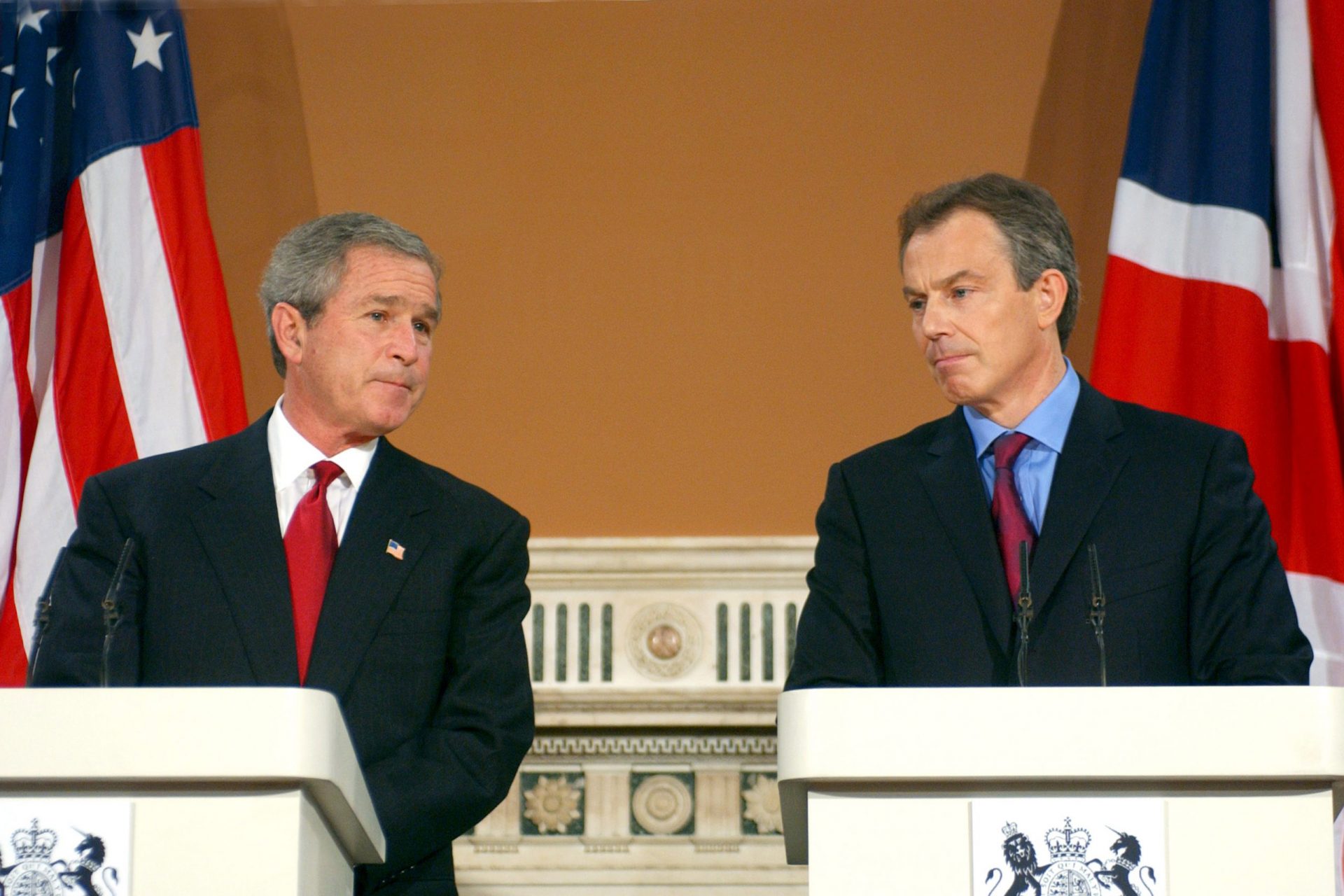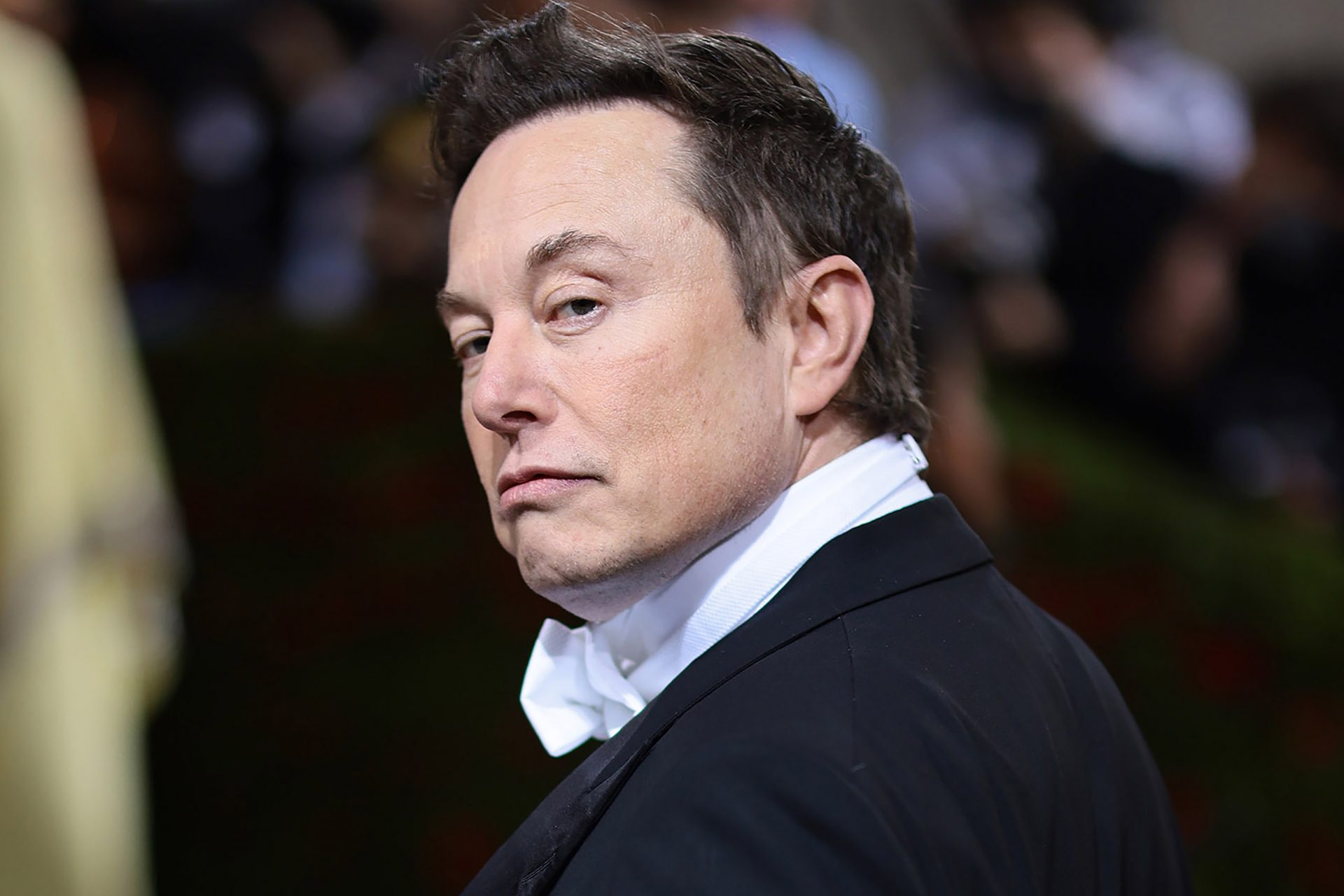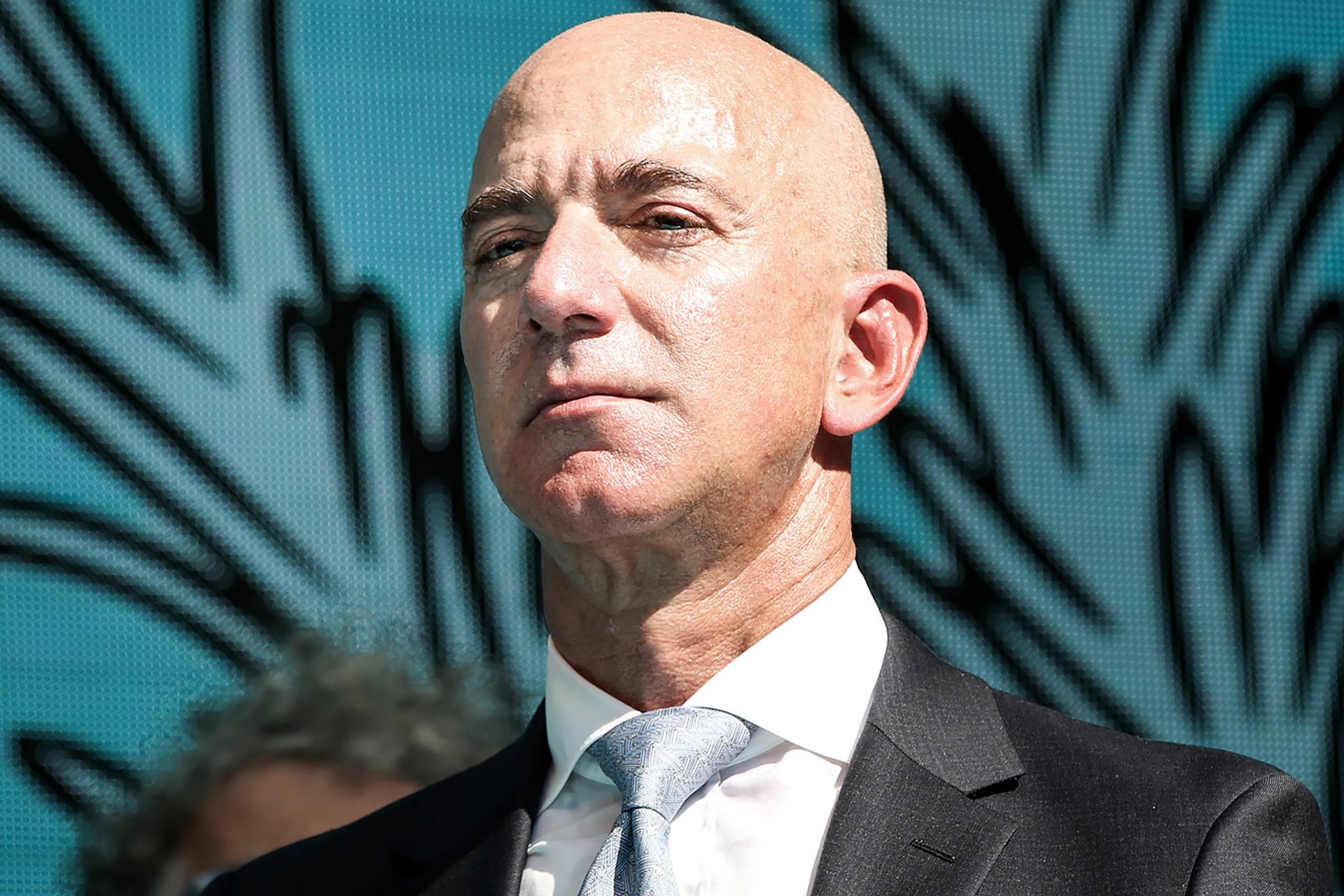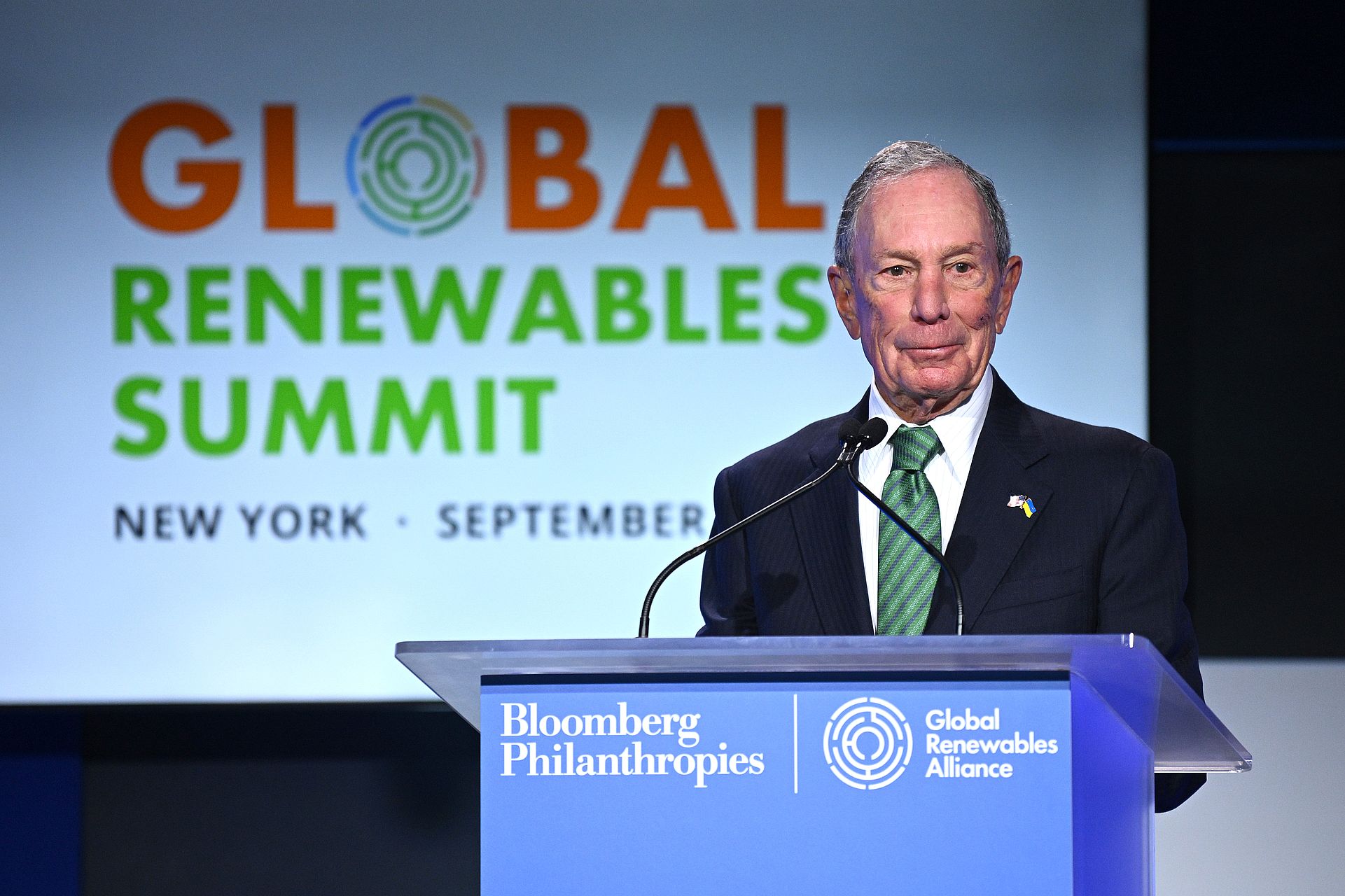‘Hubris syndrome’: the ego crisis of our time
Many people have experienced ego, pride, arrogance or a lack of humility. Power and success are good incentives to bring them out, and that is when the so-called 'Hubris Syndrome' appears, a psychiatric disorder that is increasingly widespread in today's society.
This term was coined by British neurologist David Owen in his book 'In Sickness and in Health: The Politics of Medicine' (2008), after analysing the behaviour of well-known political figures whom he diagnosed with this disorder, which he defines as acquired and reversible.
'Hubris Syndrome' is characterized by a big ego accompanied by pride, lack of humility, difficulty accepting criticism and a lack of empathy, with absolute disregard for the opinions and needs of others and, sometimes, eccentric behavior.
In his research, for which he had the invaluable help of Jonathan Davidson, a psychiatrist and professor at Duke University in the US, the psychological profiles of several former leaders of the United States and the United Kingdom were analyzed.
Among the conclusions of both researchers it was estimated that several of them, such as George W. Bush, Margaret Thatcher or Tony Blair, among others, suffered from this disorder, since they showed evident signs of arrogance in their personality.
Historically, this type of behaviour has been closely linked to power, which is why the focus has always been on important politicians, but also on other powerful groups of society such as the military, religious figures, and businessmen or company executives.
In these times, the political class continues to be a great reference, although very good examples can be found among business figures who have amassed million-dollar fortunes within the digital and technological world, placing themselves in a position of power that they had never experienced before.
A good example is Elon Musk, CEO of Tesla and SpaceX, among other companies, who has been widely criticised for his arrogance, demonstrated in his political career by supporting Donald Trump, or his lack of empathy, which was evident when he acquired Twitter and fired 80% of its employees.
Others such as Mark Zuckerberg (Meta) or Jeff Bezos (Amazon) have also shown symptoms of the 'Hubris Syndrome', due to their obsession with control, arrogance, and the way they treat employees at their large companies, which has earned them countless criticisms around the world.
In addition, in recent times, the problem has spread to other areas, such as influencers, gamers or YouTubers, who have made a lot of money quickly and easily, leading them to ostentatiously show how they spend their fortunes.
However, the ‘hubris syndrome’ can affect anyone who reaches certain levels of power on a small scale within their work or social context (supervisors, bosses, etc.).
This was reflected in a study carried out in the 1970s by psychologist and researcher Philip Zimbardo at Stanford University in the US, in which he sought to demonstrate how power can easily corrupt human beings.
To do this, they created a fictional prison in the university where they 'locked up' 24 young people divided between the roles of jailers and inmates. A few days after beginning the experiment, it was already possible to observe how the former began to show airs of superiority over the rest and mistreat them.
Owen and Davidson claimed in their research that people who end up suffering from 'Hubris Syndrome' go through a series of phases that start with self-confidence when things start going well. This leads to flattery when success is achieved and ends up leading to arrogance and, finally, paranoia.
In addition, they highlight a series of symptoms that identify it, including seeing the world as the ideal space to achieve power and glory, carrying out actions to enhance their image, with which they are normally obsessed, and once they achieve power, they use it to 'self-glorify'.
Not only that, but they are also very self-confident people who have lost touch with reality, tending to speak of themselves in the third person and to consider themselves authentic Messiahs. All this with the conviction that they do not have to answer to anyone.
As Owen points out in his book, there comes a time when these types of people stop listening, become reckless and make decisions on their own, without consulting, because they think that only their ideas are correct and, even if they are not, they will never admit that they were wrong.
Both authors also proposed that 'Hubris Syndrome' be considered in the world of psychiatry as a specific type of personality disorder that would combine antisocial, histrionic and narcissistic disorders.
The unjust ways in which the world is currently structured is prone to generate power levels that can result in an increment of the ‘hubris syndrome.’
More for you
Top Stories






